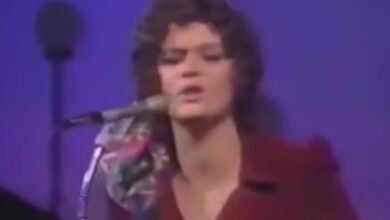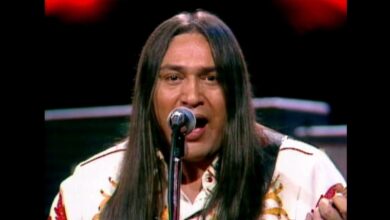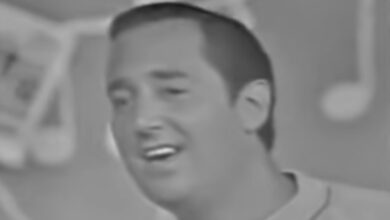“A Sky-High Goodbye: The Story Behind The Beatles’ Unforgettable Rooftop Concert”
The Beatles’ rooftop concert, held on January 30, 1969, stands as one of the most iconic moments in rock history, not just for its spontaneity but also for its significance in the band’s career. This event was the culmination of a project initially conceived as a return to live performance for the group, who had retreated from touring in 1966 due to the chaos of Beatlemania and their desire to focus on studio work. The project, which eventually evolved into the “Let It Be” album and film, was intended to capture the band’s creative process and culminate in a live concert.
The concert took place on the rooftop of the Apple Corps building, the headquarters of The Beatles’ own multimedia corporation, located at 3 Savile Row, London. Without any prior announcement, John Lennon, Paul McCartney, George Harrison, and Ringo Starr, along with keyboardist Billy Preston, set up their equipment and started to perform to the surprise of the London lunchtime crowd. The band played several tracks from the forthcoming “Let It Be” album, including “Get Back,” “Don’t Let Me Down,” “I’ve Got a Feeling,” “One After 909,” and “Dig a Pony.”
The performance was filmed by director Michael Lindsay-Hogg for inclusion in the “Let It Be” documentary, providing a visual record of The Beatles’ last live performance as a group. The footage captures not only the band’s performance but also the reactions of the crowd below and the arrival of the police, who were called to shut down the concert due to noise complaints.
The rooftop concert is remembered for its symbolic defiance of conventional music industry norms and the band’s refusal to go quietly into the night. It was a moment of unity for The Beatles at the end of a decade they had helped to define, and it was one of the last times the four members performed together before their breakup in 1970.
The legacy of the rooftop concert lives on as a pivotal moment in rock history, embodying the spirit of the 1960s and the rebellious nature of one of the world’s most influential bands. It remains a poignant reminder of The Beatles’ creativity, their impact on music and culture, and the end of an era.



